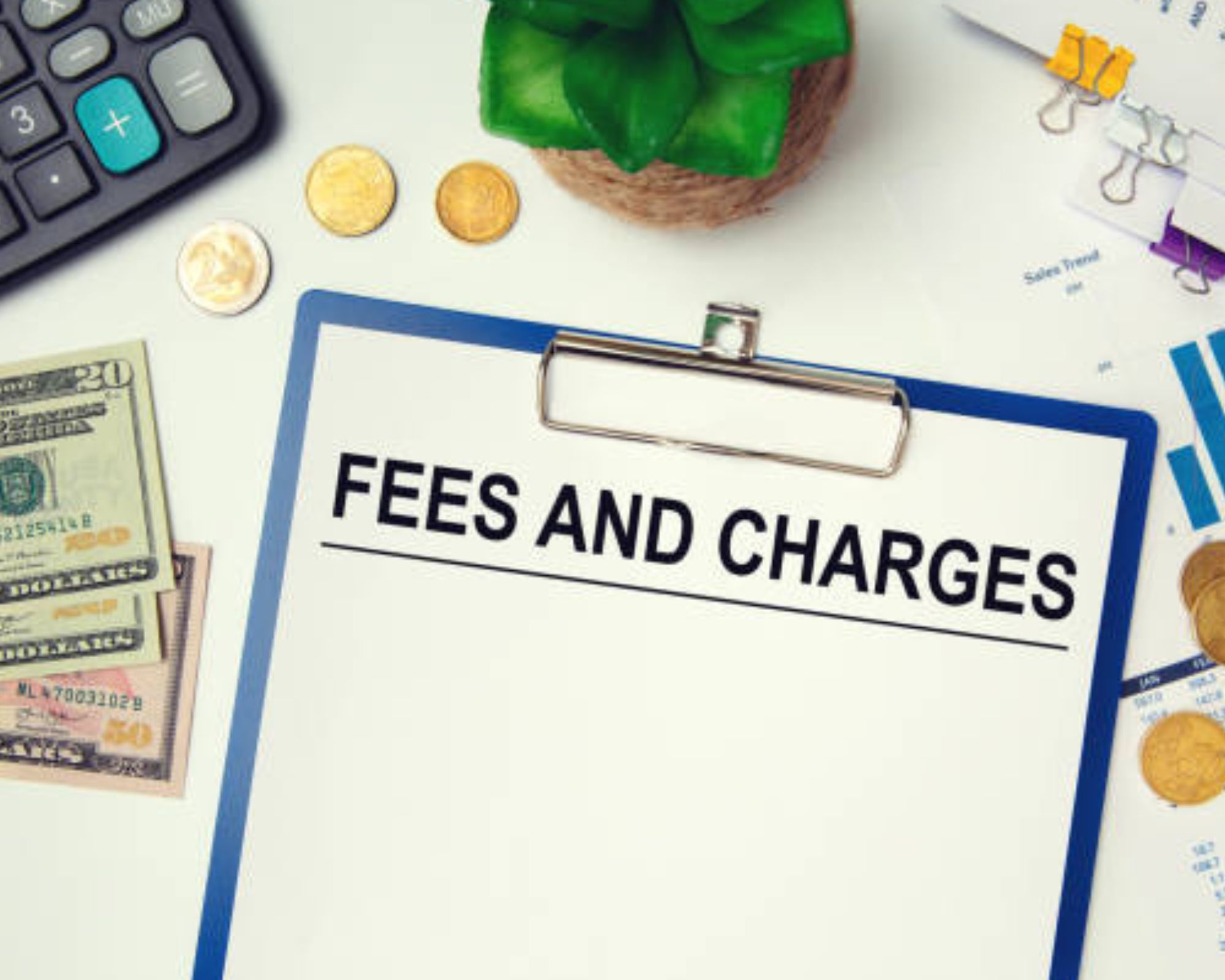Introduction
NSF Have you ever received an NSF (Nonsufficient Funds) fee letter from your bank? If you’re like most people, then the answer is probably yes. According to the Consumer Financial Protection Bureau, more than $2 billion was charged in NSF fees by banks in 2016 alone.
This type of fee occurs when you write a check that bounces due to insufficient funds in your account. And have not arranged an overdraft protection plan with your bank. Thankfully, there are steps you can take to avoid costly NSF fees and being stuck with debt!
Understanding NSF Fees
Nonsufficient funds, or NSF, is a term for when a check or bank withdrawal has insufficient funds available in the account. This can happen for many reasons including the account holder lacks enough money in their account; or an overdraft on the checking account. There are insufficient funds in their savings account (e.g., they have transferred too much money out of that savings account). The amount of money which is too much varies by bank.
Effective Strategies for Avoiding Nonsufficient Funds (NSF) Fees and Managing Your Finances Wisely
Some payment services, such as credit cards, offer protection programs. That can help you better manage the risk of paying an insufficient funds fee. These programs will typically allow you to go over your monthly spending limit without paying an over-limit fee. They’ll charge a small service fee if you end up going over your limit.
Additionally, some credit card providers waive the annual card fee for customers who carry a balance for more than one month every six months. Find out whether your bank or credit card offers these features and switch if necessary.
Mastering the Art of Tracking Your Checking Account Balance
1. Get in the habit of logging in to your bank account at least once a week, if not more.
2. Check your balance regularly and be aware of when you will overdraw your account.
3. Take note of the alerts that come with the updates and don’t ignore them!
4. Give yourself some grace about checking balances. But err on the side of caution when it comes to time frames (e.g., forgetting a day or two is likely fine, but forgetting an entire month could spell disaster). 5. Monitor your credit score (and make sure it’s high!). 6.
4 Essential Tips
Tip #1: Always stay aware of how much money you have in your account. This way, you will be less likely to overdraft and get charged the more expensive insufficient funds fee.
Tip #2: Enroll in alerts for when your bank balance is nearing the cutoff point for an overdraft.
Tip #3: Always consult your financial advisor before taking on any large expense that may cause an overdraft if not handled correctly.
Tip #4: Forgo checking your account balance when it’s low, or just review it. So that you can get a general idea of what needs to be paid off instead of going through the whole list like a checklist.
Modern Payment Alternatives
For one, you can use electronic funds transfer systems such as online bill pay and a direct debit card, which eliminates the need for checks. For two, you can call the financial institution that is making the payment and let them know that they should expect an NSF fee if they go through with it.
That way they can take steps to not incur that cost by using a different form of payment or requesting an increase in the account balance before the date of payment. For three, it may be possible for you to set up automatic payments through your bank’s website or mobile app. Where you’ll receive advance notice about any upcoming payments with more time for preparation.
Navigating NSF Fees
(Nonsufficient Funds) fee is charged by the bank when a deposit into your account cannot be honored for any reason. If this happens with a recurring transaction, you may end up paying an NSF fee for every missed payment. Credit card companies and banks work together to issue the NSF fee on your behalf and these fees can quickly add up over time. The good news is that there are steps you can take to keep this from happening in the first place.
conclusion,
(Nonsufficient Funds) fees can be costly and burdensome for individuals. Who inadvertently overdraft their accounts or have insufficient funds for a transaction. To avoid these fees, it’s crucial to actively manage your finances and stay aware of your account balances. Utilizing payment services like credit cards with protection programs or electronic funds transfer systems can provide added safeguards.
Additionally, setting up alerts and consulting with a financial advisor before significant expenses can help prevent overdrafts. By taking proactive steps and staying informed, individuals can save themselves from the financial strain of NSF fees and maintain better control over their finances.
